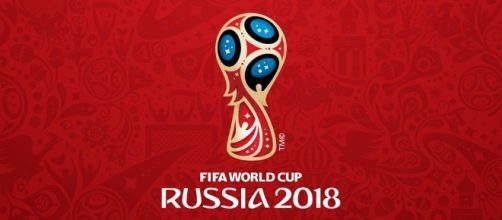If you're an NFL fan, then you're fully aware of the challenge flag and instant replays used in games. Even though it's not a perfect system for fairness, it's better than just leaving everything up to one referee. After many years of waiting, FIFA will implement a video system into the upcoming World Cup.
When it has been needed in the past
Thanks to the lack of a video system, there have been several occasions that really required such a system. For example, in the 2014 World Cup. Mexico (Group A runner-ups) faced the Netherlands (Group B winners) in the 2nd round.
Mexico managed to score the first goal, thanks to Giovani Dos Santos. Just as Mexico was on the verge of winning the game, the Dutch netted an equalizer. In the closing moments of the game, Arjen Robben took a dive after a challenge by Mexico’s Rafa Márquez. Replays of the incident showed a lack of contact on Robben. Regardless, the Dutch were awarded the controversial penalty kick and the victory.
Back in the 2010 World Cup, England could’ve stuck around longer. When facing Germany, Frank Lampard barely nailed a goal. The ball bounced off the crossbar and crossed the goal line; yet the ball popped out. That was enough for the ref to nullify the goal. In that same World Cup, Mexico faced Argentina in the 2nd round.
In Argentina’s 3-1 win, Carlos Tévez scored an offside goal. In Uruguay’s quarter-final match against Ghana, Luis Suarez used his hand to prevent Ghana’s last minute, game-winning goal. If there were a Video Assistant Referee, we would have seen different results.
Everyone will benefit from this video system
The video assistant referee system was already used in the FIFA Club World Cup. In addition, Australia’s league is already using it. Now there’s the possibility of having the system in the FA Cup next season. Of course, the only time anyone will likely take issue is during crucial calls that certain players and fans won't like depending on who you're rooting for, and which way the calls go.
Other leagues should test it before implementing it. If anything, it may be best to implement during this summer's FIFA Confederations Cup and CONCACAF Gold Cup, the remainder of the UEFA Champions League, the 2017 MLS season, etc. Goal-line technology is already used, so why not this?
There is no alternative
The human eye, along with bias, always have the potential to influence calls and outcomes. Hopefully, with the implementation of this new technology, it will allow for games to be officiated in a much more accurate and unbiased manner.


